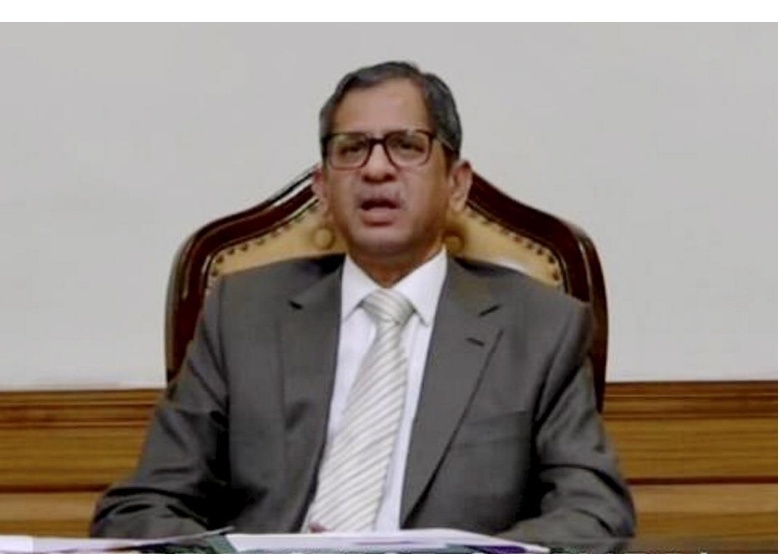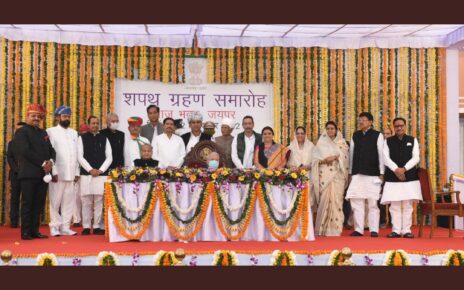Piqued over certain allegations made against the judiciary, the Supreme Court on Friday said the new trend of governments maligning judges if judicial pronouncements were not of their liking was “unfortunate”.
A Bench led by Chief Justice of India NV Ramana made the comment while hearing petitions filed by the Chhattisgarh Government and an activist challenging the state high court’s decision to quash an FIR against a former IAS officer in a disproportionate assets case.”Whatever fight you may take, that is alright. But do not try to malign the courts. I am watching in this court also, it’s a new trend,” the Bench said.
As senior advocate Rakesh Dwivedi, representing the state government, said he was not pressing “that point at all”, the CJI said, “No, we are watching it every day. You are a senior counsel; you have seen this more than us. It is a new trend. The government has started maligning judges. It is unfortunate.”Dwivedi said Aman Kumar Singh, who had joined the service in 2004, resigned and became a secretary on a contract basis and his officer wife also followed the same pattern. When the officer joined the service he had one property worth Rs 11 lakh and later became the owner of seven properties worth Rs 2.76 crore, he said.
On behalf of activist Uchit Sharma, senior counsel Siddharth Dave said the high court’s verdict quashing the FIR was based on probability. The allegation was amassing disproportionate assets and the inquiry would be closed automatically the moment the person concerned explained the assets, he added.”Based on surmises and your allegations we can’t allow this kind of victimisation,” the Bench said, posting the matter for further hearing on April 18.As Dave insisted the probe was not based on surmises as the allegations were that the officer in question has accumulated Rs 2,500 crores, the Bench said the appeal was an exaggeration.
”Don’t generalise people like that. Tomorrow, when the government changes and another government comes then lakhs become thousand…,” the CJI said.Quashing the FIR, the Chhattisgarh high court had said that the case was based on probabilities and “on the basis of probability any person cannot be prosecuted”.




